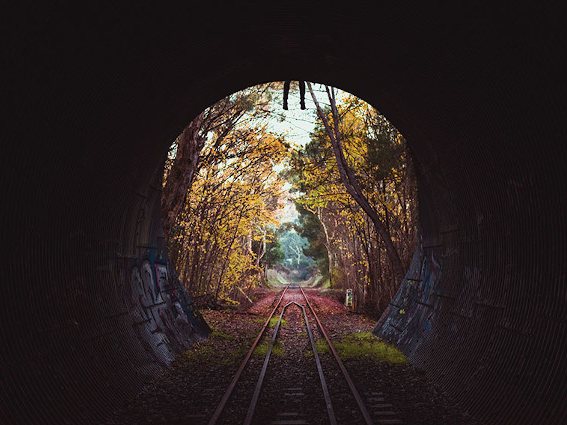Tourism: what's our new normal?

|
Tourism: what's our new normal? |
|
After months of lockdown, it's no surprise that people are itching to get out and about. But with ongoing debates about how and when to open Australia's state and territory borders, it's hard to know what to expect. |
|
According to global tourism expert, UniSA's Professor Marianna Sigala it's not just tourists who are unsure about next steps, it's also tourism businesses. And, with change continuing to dictate the immediate future, knowing the likely trends is imperative for operators in the sector.
"Operators that instil trust are likely to lead the revival of tourism," Prof Sigala says. "Already, we've seen wineries, restaurants and museums modify and redesign experiences to accommodate social distancing and hygiene issues, and this is what will need to continue. "Some savvy players have even taken to marketing limited numbers as 'exclusives' or 'private' experiences, which can be a drawcard for tourists. "Flexibility will also be important, as tourists are keen to keep control of their travel plans – right up to the last minute – in case substances require them to change. This is a clear call for tourism operators to amend rigid booking or cancellation policies if they wish to appeal to the new tourists." Prof Sigala says that while innovation and creativity will be valuable assets for all tourism operators, those that embrace technology will undoubtedly be one step ahead of the competition. "Covid-19 has deepened people's connection with digital services, so much so, that technology is no longer an option or a luxury for a tourism provider, but a survival necessity," Prof Sigala says. "Contract-free services and experiences – including mobile check-ins, payments and room 'keys'; self-service kiosks; in-room technologies for entertainment and e-shopping; as well as virtual visits to museums, galleries and movies – will all be in demand. "Equally, technologies that can monitor crowds, as well as identify and track health profiles are likely to be a desirable feature for destinations. Combine this with future 'health passports' that will allow people more easily travel and work in destinations, and a whole new normal could be at our doorstep. "The root causes and new realities imposed by the pandemic have caused fundamental changes to the way we think, live, work and play, which in turn, are transforming the nature of tourism demand and supply alike. "Some of these changes may be temporary, but others are here to stay and will redefine the way we practice and experience tourism for years to come." |
MORE



